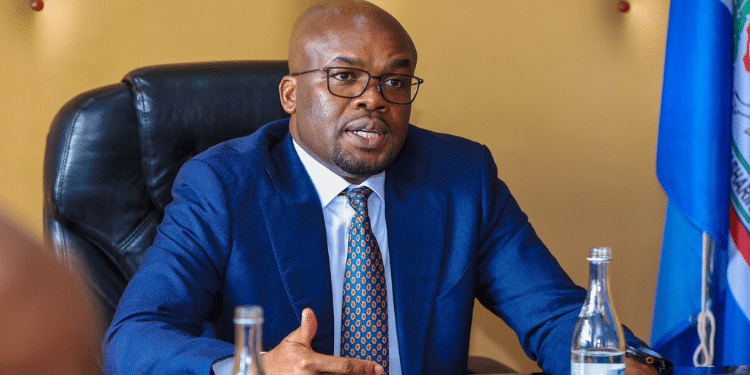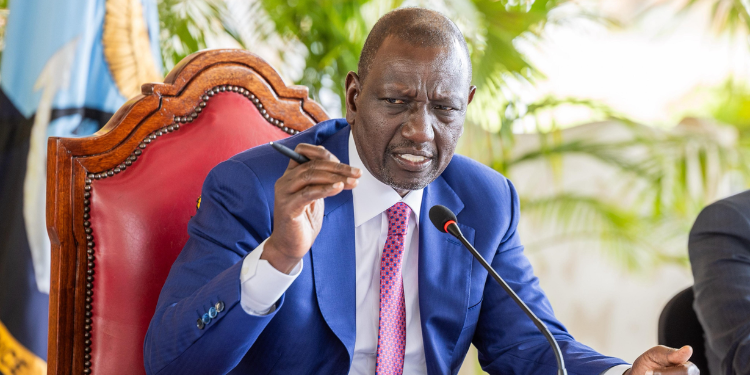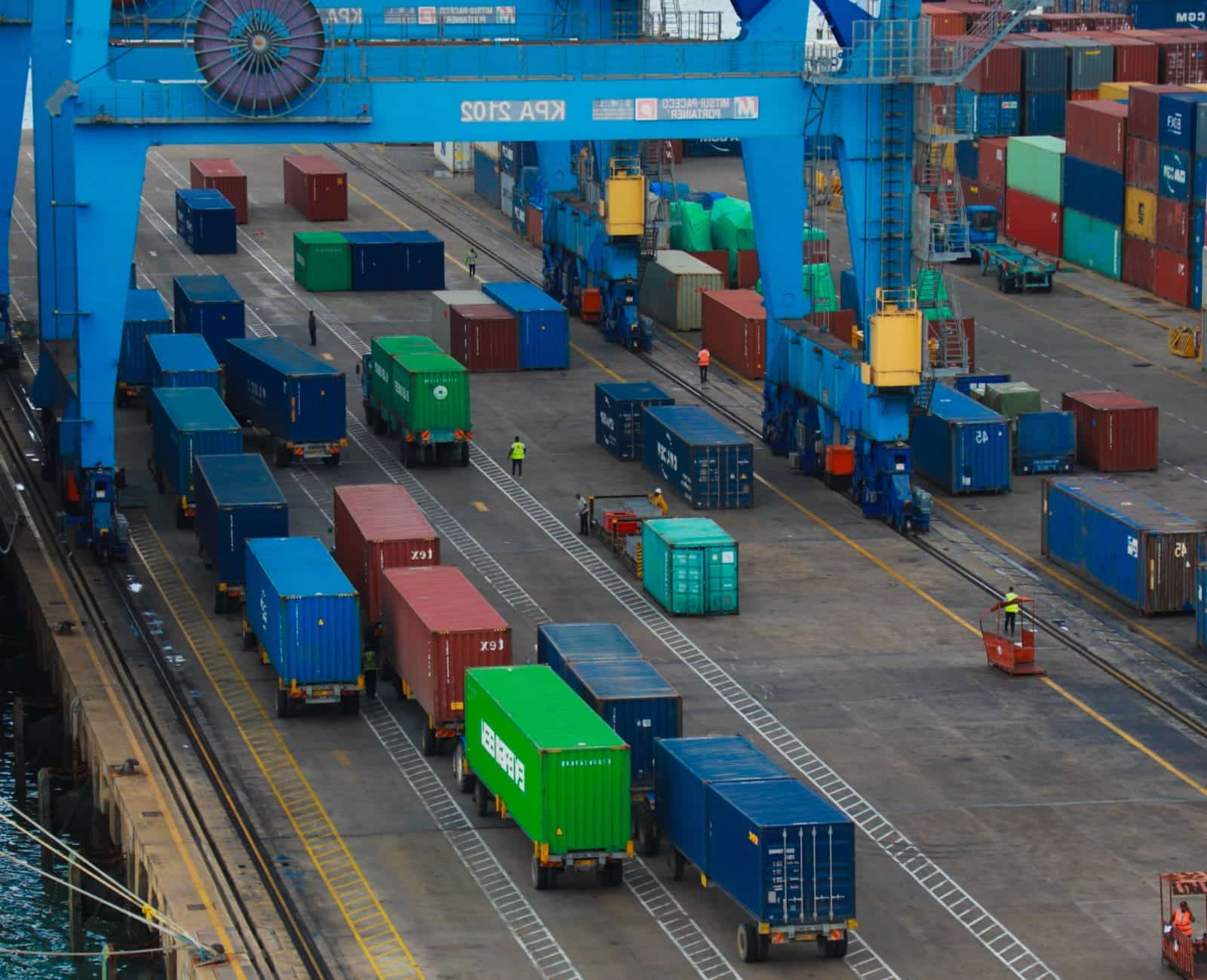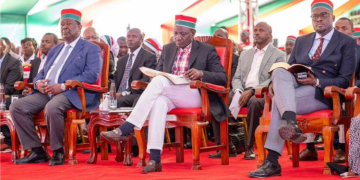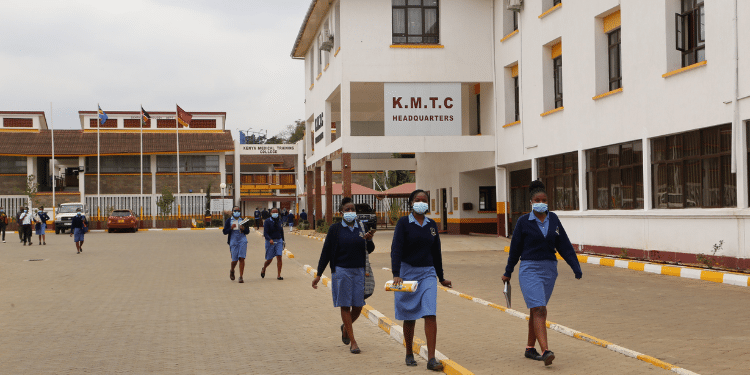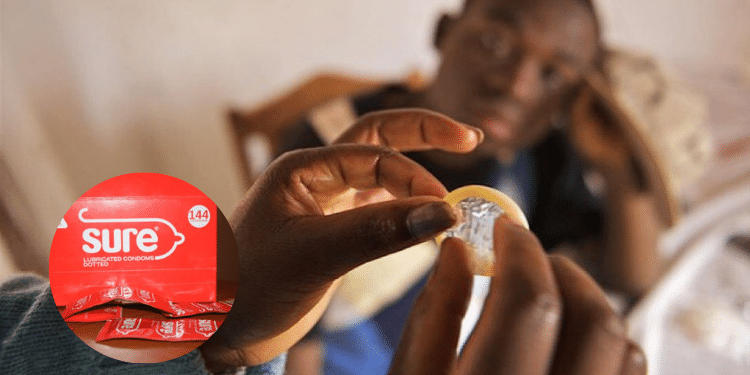Following the funding freeze on United States Agency for International Development (USAID) programs by President Donald Trump, Kenya is staring at a shortage of condoms.
The country was heavily relying on USAID for the free condom distribution program which assist several countries in creating a condom programming strategy that addresses key supply and demand issues related to increasing condom use.
USAID centrally finances male and female condoms and lubricants for non-focus U.S. President’s Emergency Plan for AIDS Relief (PEPFAR) countries, which include Kenya.
These commodities are provided at no cost to these countries, enabling dozens of countries to make condoms available to poor or vulnerable individuals for free or at highly subsidized prices
Three weeks after the USAID freeze order, the effects are glaring with this year’s International Condom Day, celebrated on February 13 of every year, missing the usual flair of condoms for distribution to those in attendance throughout several Kenyan counties.

In addition, counties with high HIV prevalence rates report a final stock that could last six months only if managed well.
Also Read: Relief for Employees as Trump Waives Order to Freeze Select USAID Programs
A 2023 report by the National Aids Control Council revealed that Kenyans used an average of 17,000 condoms daily.
Usage of condoms in Kenya
Former Health Cabinet Secretary Susan Nakhumicha while tabling a report to the Departmental Committee on Health on the State Department for Medical Services Budget Estimates for the Financial Year 2024-25, Nakhumicha revealed that the National Aids Control Council had distributed 3,157,900 condoms in non-health settings within a period of six months.
However, the number of condoms distributed did not include those sold by private entities.
While responding to the risk of condom shortage, stakeholders are now pushing for a total market approach where middle and upper-income Kenyans will buy condoms at a subsidized rate to ease the pressure of the free condom distribution program.
USAID condom programs have notably in the years adopted a total market approach to condom programming.
A total market approach engages the public sector that gives free condoms, social marketing that gives subsidized condoms and the private sector that sells regular priced condoms. This approach also plans for increased sustainability by reducing reliance on donor subsidies and increasing country ownership.
“We are advocating for a total market approach so that as you do your budgeting, look at a condom as a self-kit so that when you budget, you also put condoms as you would budget for other things,” National Syndemic Disease Control Council (NSDCC) Director Dr. Stephen Ndolo said.
On his part, Migori County Health CEC Caleb Opondi said, “It has been a challenge for us since the government introduced heavy taxation on condoms, so we still appeal to our partners who have been supplying us so that the intermittent supply can be sorted.”
Total market approach
In September 2023, NSDCC had advocated for the use of low-priced condoms to address the shortage caused by reduced donor funding.
Also Read: Govt Recalls Condoms Ahead of Christmas Holidays
The agency’s CEO Dr. Ruth Laibon-Masha emphasized the importance of a “total market approach” which according to NSDCC, has been successful in Nigeria, where socially marketed condoms make up 60% of the market, compared to 14% in Kenya.
A survey revealed that 70% of condom users in both countries were willing to purchase condoms if they were unavailable.
While condom use remains low in Kenya, with only 14.6 condoms per man per year, correct and consistent condom use provides up to 95% protection against HIV, other sexually transmitted infections (STIs), and unintended pregnancy.
A condom is a thin, flexible sheath made from materials such as latex, polyurethane, or soft plastic. It is worn over the penis (male condom) or inserted into the vagina (female condom) during sexual intercourse.
Condoms act as a barrier method of contraception by retaining the semen hence preventing pregnancy and reducing the risk of STIs.
Follow our WhatsApp Channel and join our WhatsApp Group for real-time news updates.


